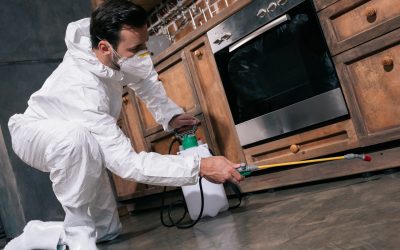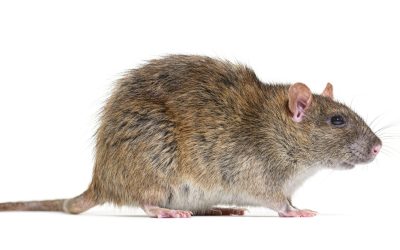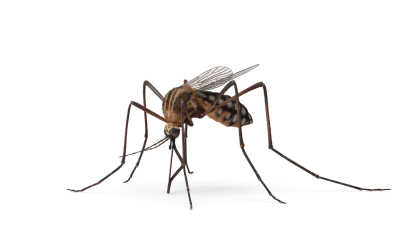Rodents are unwanted tenants for any commercial or residential setting and can make your lifestyle in a matter of months if not days. If overlooked, rats and mice can wreck your property, spread diseases, and whatnot.
Preventing rodent infestation has been a major challenge for most residents in the United States. There are different factors that can force rodents to households or workplaces and one among these are storms or subsequent floods.
This piece of content features how rodents deal with floods and how their means of survival intersects and disrupts our daily day life.
In search of a new home
Heavy rainfall and extreme flooding conditions add to the rodent plague affecting both businesses and homes across different states in the United States, especially Florida.
Continuous flooding and rainfall drive rodents from their burrows and moves them closer to human habitats.
To thrive, rodents are always on the lookout for a warm setting with access to water and a sufficient food supply. Rats are strong swimmers and can travel distances to find the perfect habitat to relocate and on most occasions, this habitat turns out to be a household.
Mice, on the other hand, have excellent survival skills and use their size to their advantage by using damaged pipework or small cracks and crevices to enter your home.
Rodents do not need plenty of resources to settle in, a pile of paper or cardboard boxes stored carelessly in the attic or any crawl area is shredded within minutes to make the best nesting place.
Breeding frenzy
Once the rodents gain access to your household and settle, their next step (probably the most detrimental move), is to build colonies in the newly found home.
Mice can give birth to up to 14 young ones at once and they can reproduce up to ten times a year. Rats, on the other hand, give birth to a maximum of ten pups and can give birth up to six times a year.
Mice achieve sexual maturity in seven weeks and rats achieve this in nine weeks. If you do the math, with no specialist intervention, two rats giving birth in the first place can lead to 1000 rats in your house in a year.
Chaos for food
Rodents need food to survive and they are aggressive hunters, they skim through your garbage and continuously gnaw on anything that they can sink their teeth into. The perpetual gnawing can raise several concerns ranging from stock damage to property damage.
Rodents can quickly gnaw through pipework, insulation doors, floorboards, you name it!
Health concerns
When you know that your house is infested with rodents any leftover food that was left exposed should be considered contaminated. Rodents have an innate ability to transmit a variety of viruses both via direct and indirect contact.
Rodents tend to urinate throughout the house. Rodent urine and droppings contain pathogens and can transmit several diseases including rat-bite fever, salmonellosis, and Leptospirosis.
Fur, skin shed and droppings from rodents can also become airborne at some stage and long-term exposure can lead to allergic reactions such as watery eyes, wheezing, and skin inflammation.
If you were or are being hit by a flood or heavy rainfall, keep an eye out for rodent infestation. Sighting of a single rodent or mouse should alarm you.
Follow these tips to ensure that rodents have a much lesser chance to survive on your property.
- Remove any leftover food items immediately
- Do not keep food or normal garbage within your house, move it to a bin kept outside as soon as possible
- Always keep the indoor and outdoor garbage bin secured with a lid
- Lay rodent baits and traps within your house if you suspect a rodent infestation
- Once you spot a rodent, reach out to a specialist rodent exterminator immediately
Handling rodents is a difficult task, especially when you know that they can multiply in weeks, spring onto the action mode, and be vigilant when there is a flood or heavy rainfall. Seek professional assistance immediately if you suspect rodent infestation.





0 Comments